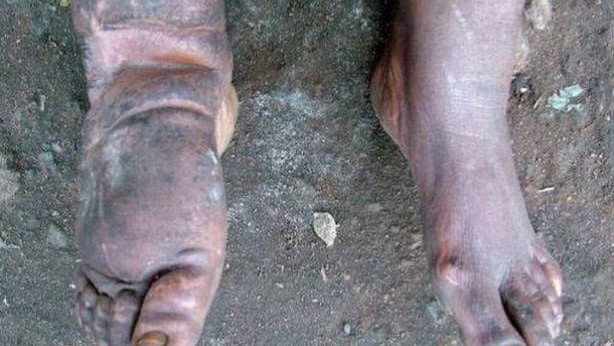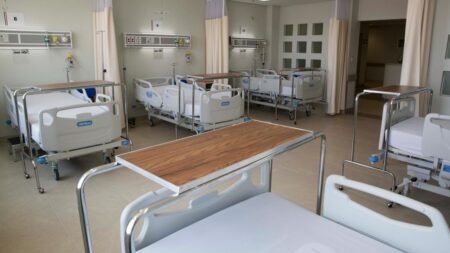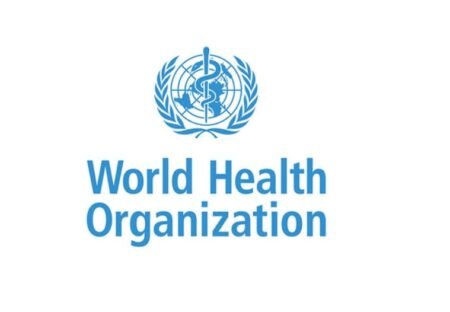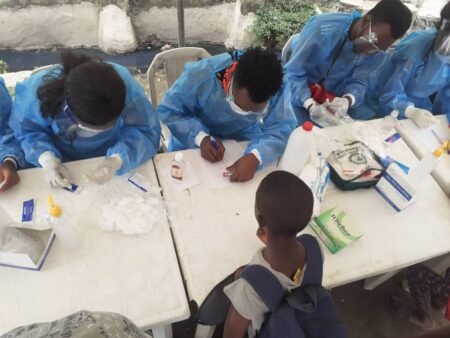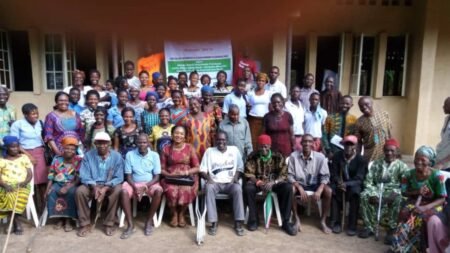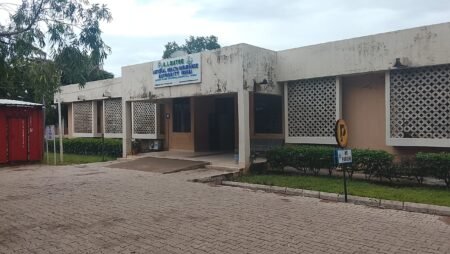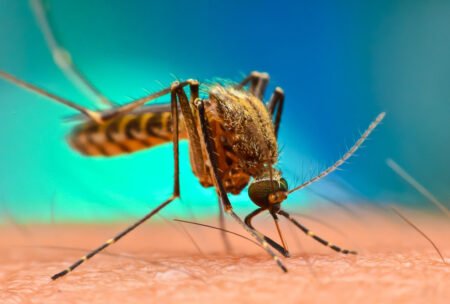The Delta State Government has announced free surgeries and treatments for patients affected by hydrocele (enlarged scrotum) and lymphatic filariasis (commonly known as elephantiasis).
In a statement released on Friday and signed by Harold Ojji, permanent secretary/director, public communication, the state government said the intervention is being organised through the Delta State Primary Health Care Development Agency in collaboration with The Carter Centre.
According to the statement, men aged 18 years and above who have hydrocele (enlarged scrotum) are advised to report to the Asaba Specialist Hospital between 16 and 21 October 2025 for free surgical operations.
The exercise will continue after the scheduled dates at other designated centres, including the Central Hospital, Warri, Eku Baptist Hospital, Eku, and the Asaba Specialist Hospital, Asaba.
Similarly, individuals, both male and female, suffering from lymphedema (enlarged limbs) are encouraged to visit the nearest health centre in their local government area for free treatment.
For further enquiries, residents are advised to contact the following numbers: 0703 507 3951 or 0803 462 9038.
Hydrocele and lymphatic filariasis
According to the World Health Organisation (WHO), lymphatic filariasis, commonly known as elephantiasis, is a parasitic disease caused by thread-like worms transmitted to humans through repeated mosquito bites.
The infection damages the lymphatic system, leading to fluid retention and abnormal swelling of body parts, particularly the legs, arms, and genital organs.
Over time, the condition may cause lymphedema (swelling of the limbs) or hydrocele, which is the accumulation of fluid around the testicles, resulting in an enlarged scrotum.
READ ALSO: 30m Nigerians on treatment for NTDs – Official
According to the Cleveland Clinic, hydrocele can cause discomfort, heaviness, or pain, and in some cases, embarrassment due to its visible size. While the condition is not typically life-threatening, it can severely affect mobility, self-esteem, and quality of life.
Experts say the disease thrives in tropical regions with poor sanitation, stagnant water, and limited access to healthcare.
Preventive measures include mosquito control, use of insecticide-treated nets, and mass drug administration to reduce transmission.
Read the full article here






